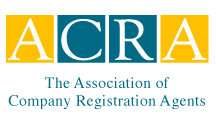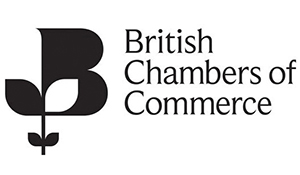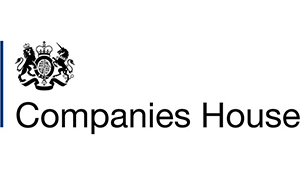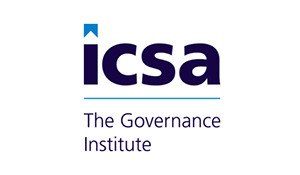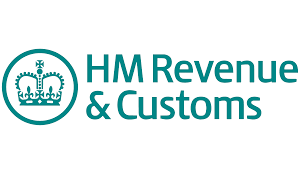The ambassador pointed out that these visas will be issued to many skilled workers from India, prioritising those from information technology, nursing and caregiving sectors, as these are the main fields where Germany is experiencing a labour shortage.
Germany Introduces Several Measures to Attract Indian Skilled Workers
Germany follows Japan’s example, relying on skilled Indian workers to boost its economy. In order to attract more workers, the German government has introduced measures that aim to make migration easier.
Visa Processing Time Decreases Significantly
Indian applicants no longer have to wait months to get their visa processed by German authorities. The government has reduced the number of days it takes to process a visa filed by Indian candidates from nine months to two weeks.
Nearly 400,000 people who were affected by long waiting times when applying for German visas will benefit from this change.
Schengen Area Soon to Implement Online Visa Applications
The Schengen Area, including Germany, by the end of 2024, will implement its plan of visa digitalisation, enabling non-EU citizens to apply for Schengen visas online.
This makes the process of applying for a visa less of a hassle, as applicants no longer have to visit a consulate or embassy and wait for a long time to receive the decision for their visa request.
Germany Scraps Language Skills for Skilled Workers
Indian workers applying for a Blue Card no longer need to prove high skills in the German language, as the government has lowered its requirements.
In addition, Germany has lowered the salary threshold for migrant workers, and having a degree will also be sufficient to apply for a Blue Card.
Over Half a Million Vacancies in Germany Remain Unfilled
According to the German Economic Insitute, 570,000 job vacancies remain unfilled in the country, creating job opportunities for thousands of people.
A report from the European Labour Authority (ELA) reveals that Germany is facing shortages in more than 70 occupations, many of those being in transportation, manufacturing, construction, engineering, healthcare and IT.
Among the 25 highly-required professions in Germany, drivers are the most in-demand, following operators, machine operators, cabinet makers, and food preparers.


